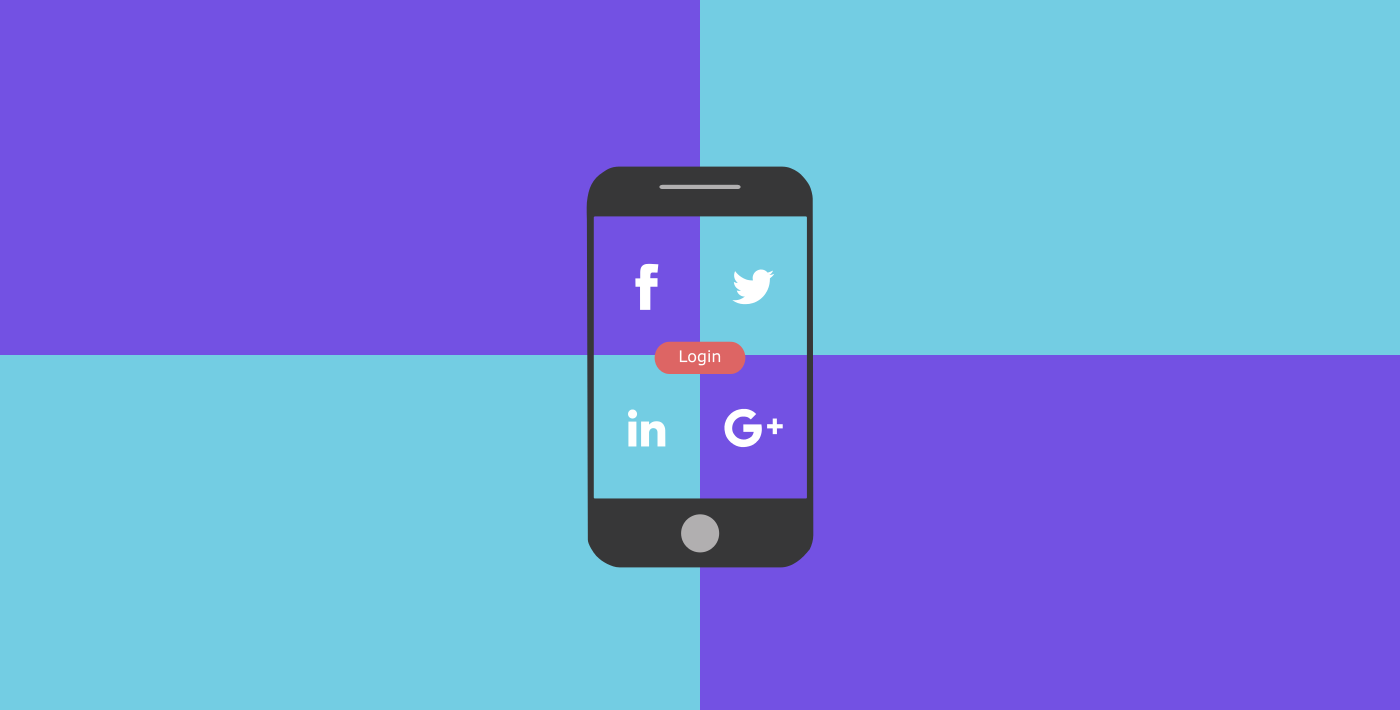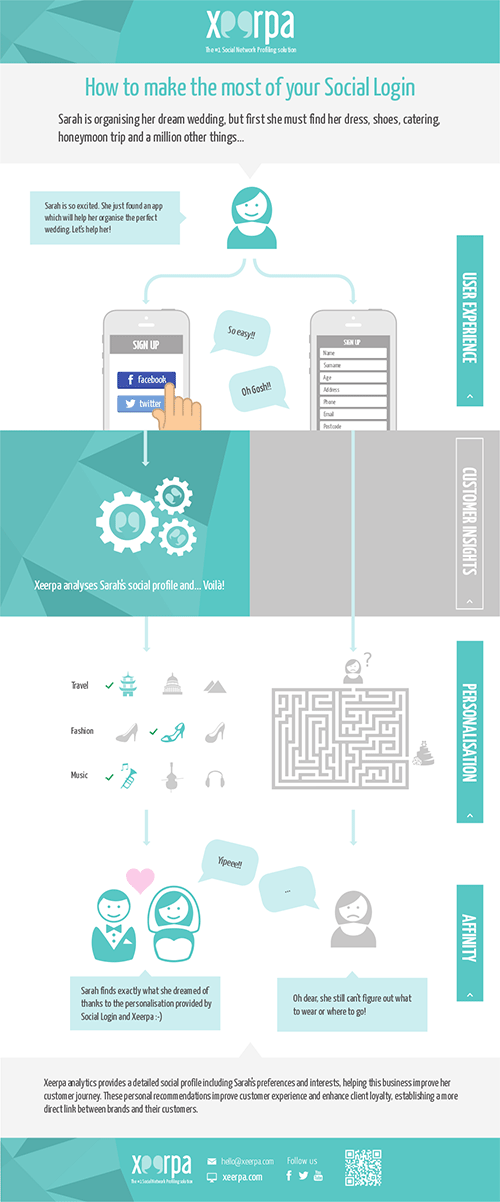In this day and age companies are gradually adjusting to the new digital society, where information is key. Tons of data are being generated and consumed in real time by users from computers and other electronic devices.
One of the main goals for any business is to turn users into customers, and of course increase their loyalty through better and more personal experiences. To achieve this, brands must adapt to society’s new consumer and communication patterns, through a much better understanding of their clients and prospects. It becomes essential to reach out to each of them with more personalised campaigns, sending the appropriate messages.
A 2015 report about the trends in the digital business by the Spanish digital economy association Asociación Española de Economía Digital shows that 80% of businesses have increased their budget for digital initiatives by between 5 and 20% when compared to 2014, focusing most of their efforts on developing apps for mobile devices (90%), improving customer experience (73.3%) and using big data efficiently (50%).
Data certainly becomes of essence, but it’s not just about obtaining and storing it. The key is to make the most of its potential, turning it into useful information that can help us drive our strategic decisions. Knowing our customers and prospects becomes mandatory for businesses in order to keep up with the competition and to connect with their consumers.
The increasing usage of the social networks has transformed the way brands communicate with consumers, enabling a direct link between them. The brand’s fan page, and channelling traffic from online campaigns to its own website, are good opportunities to obtain valuable information about the users, underused in many cases. This represents an excellent opportunity that companies simply cannot miss.
Many companies are implementing Social Login with the most popular social networks on their websites, apps, and even free wi-fi hotspots at their stores, as part of their digital strategies. Consumers benefit from a much simpler and quicker way to register and log in, and brands on the other hand can obtain very useful information from the social profile of those customers, who voluntarily share their social data through the permissions step when logging in with their favourite social network.
Furthermore, brands need to adapt to the changes that the social networks are introducing in their privacy policies. The latest changes imply that, in order to obtain the users’ consent to share their social information, brands must offer a more personalised and improved user experience, based on that data.
It is precisely on these requirements where the most advanced digital marketing and data analytics tools focus.
In particular Social Network Profiling tools, which enable the acquisition of the profile data that users share through the Social Login, and analyse and organise the information that becomes available, quickly and efficiently. Xeerpa is considered the best solution in this respect. When paired up with the CRM, brands obtain the most complete information about each of their clients and fans: a rich 360º profile with the consumer information complemented with the social profile. Key information when it comes to facilitating the personalisation of marketing campaigns and the communications with each consumer, based on their individual set of interests or consuming history.
The benefits of Social Login are clear:
- Embraces the new social channels, enhancing your web and apps
- Improves user experience
- Offers a better understanding of the clients through their social profiles
- Improves the brand’s capacity to create micro-segmentations and make better strategic decisions
- Improves customer engagement and affinity
Where is all this leading us?
Some companies are already taking full advantage of the possibilities that the benefits of Social Login and the user information it can provide. Iberia, for instance, have launched a very interesting Social Seating functionality, offering customers the possibility of sitting next to other passengers who share the same position, interests or hobbies. Or Netflix, that can make content recommendations by analysing the user’s social profile in real time.
In summary, more and more companies are embracing the benefits of Social Login in their digital initiatives. Partly because of the users’ demand for a more simplistic approach when registering for a service or logging in, more often than not, achieved through long forms with too many fields to fill in. 70-80% of users are willing to share their social data in order to get a more personal communication from their favourite brands in return. This is an opportunity that cannot be missed, as this valuable information will help businesses transform data into strategies, thus turning fans into customers.



